20+ Paragraph Examples
In the vast realm of writing, the art of paragraph formatting holds immense power. Just like a skilled painter uses brushstrokes to bring a canvas to life, a writer utilizes well-crafted paragraphs to weave a compelling narrative. Whether you’re penning an email, drafting a book, creating an outline format, or even crafting a short descriptive essay or informative essay outline, understanding the nuances of paragraph format can elevate your writing to new heights. In this article, we delve into the world of paragraph formatting, exploring examples, definitions, and step-by-step guides, and answering frequently asked questions to help you master this crucial aspect of writing.
1. Paragraph Writing Format
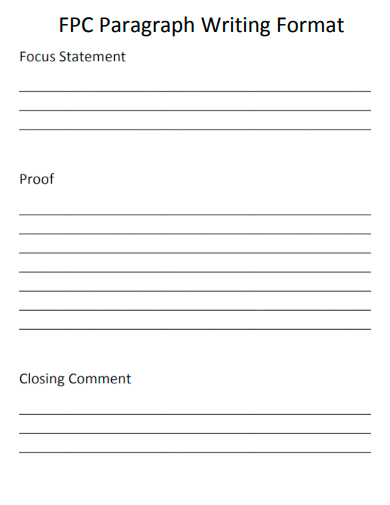
westerly.ri.us
2. TIQA Paragraph Format
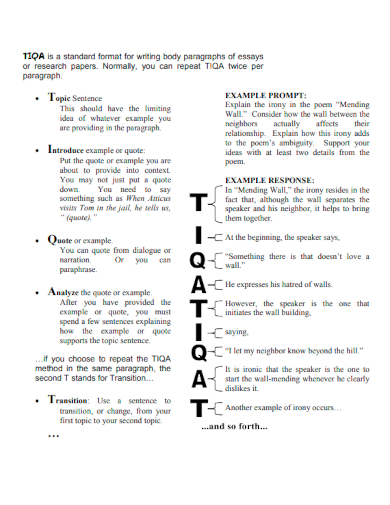
wa.us
3. Paragraph Format and Example
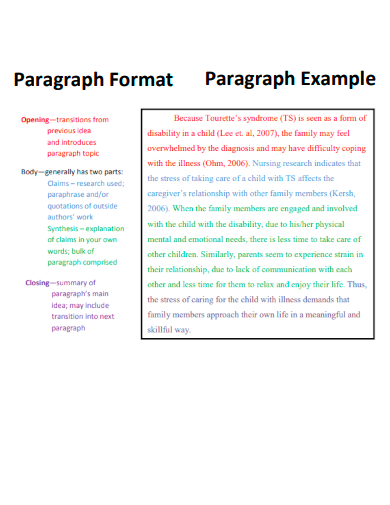
svsu.edu
4. Perfect Paragraph Format
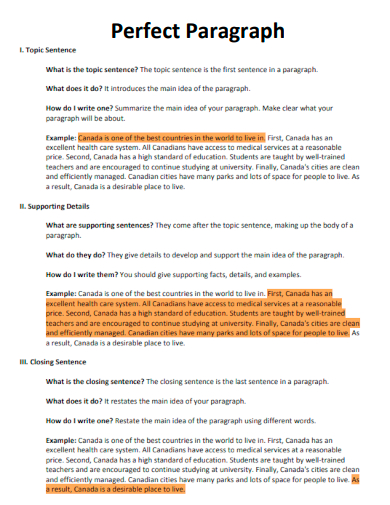
csun.edu
5. 4 Paragraph Cover Letter Format
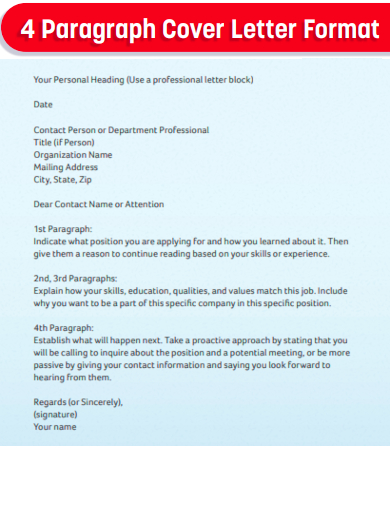
csueastbay.edu
6. Paragraph Text Format
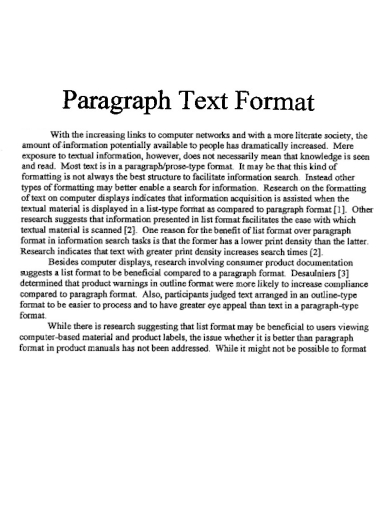
safetyhumanfactors.org
7. Paragraph Structure
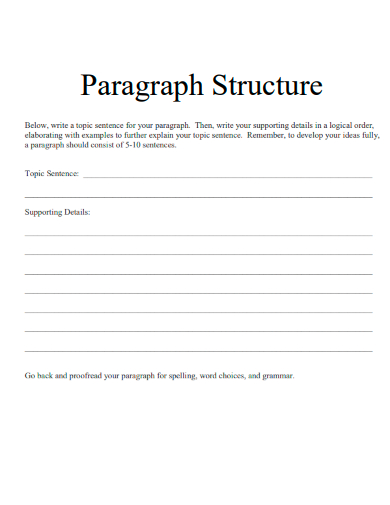
chc.edu
8. Format for Writing a Color-coded Paragraph
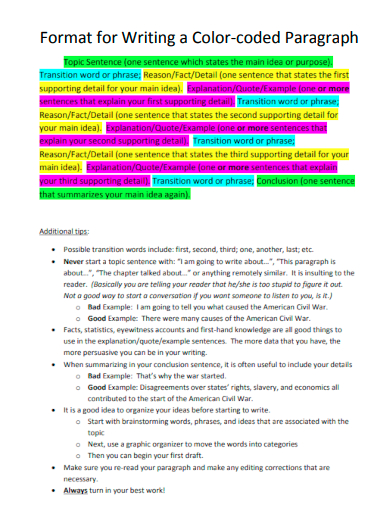
kyrene.org
9. Introduction Paragraph Format
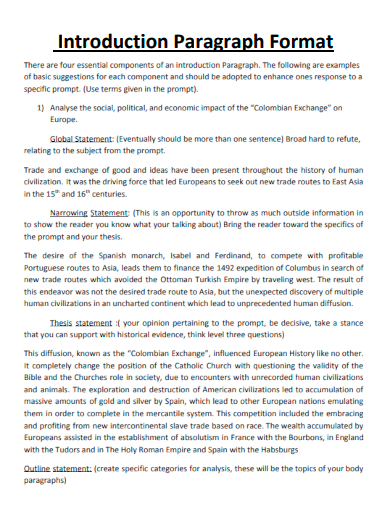
towson.edu
10. Basic Paragraph Format
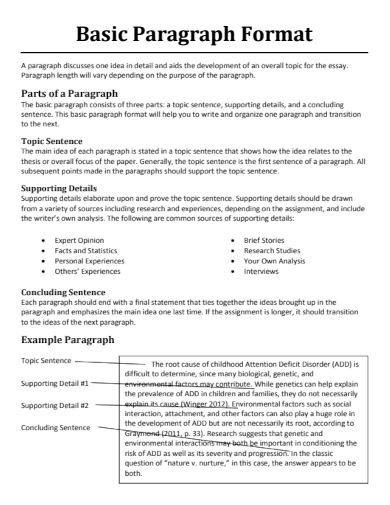
mtroyal.ca
11. Paragraph and Page Formatting
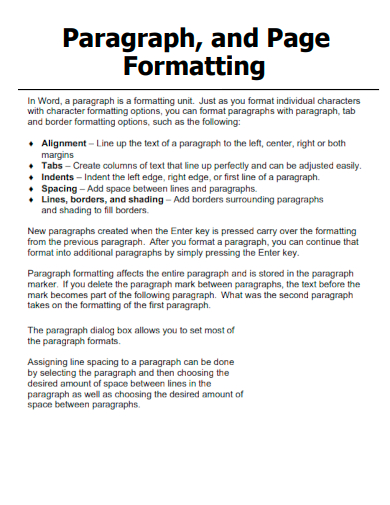
dcf.wisconsin.gov
12. Guidelines for Paragraph Numbering Format
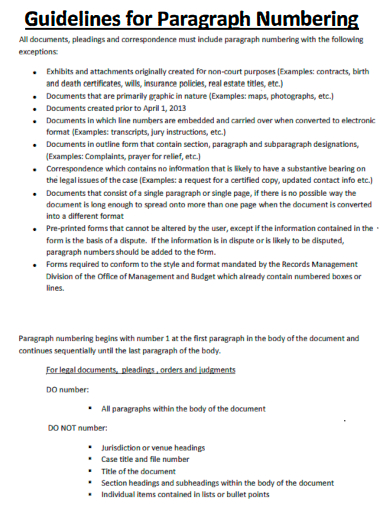
ndcourts.gov
13. The Five Paragraph Format
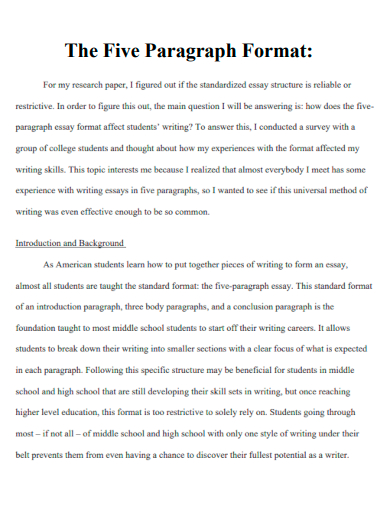
ucdavis.edu
14. Organization Paragraph Format
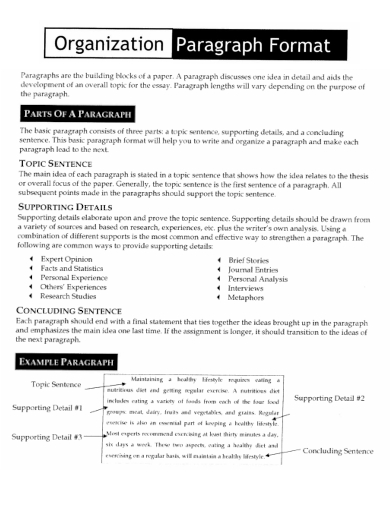
canadacollege.edu
15. Essay and Paragraph Format
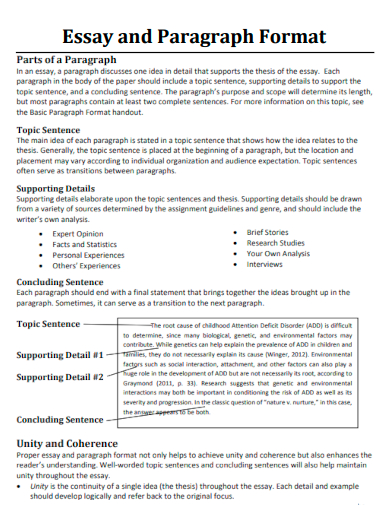
uvu.edu
16. Paragraph & Line Spacing Format
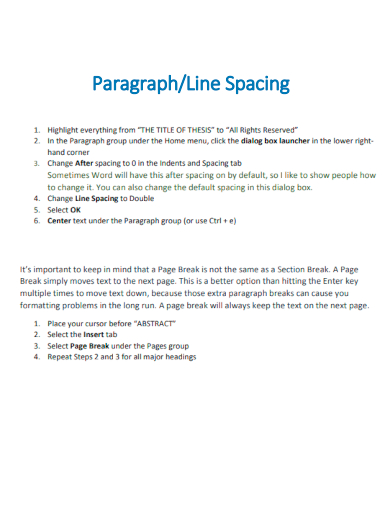
grad.mst.edu
17. Body Paragraph Structure and Development
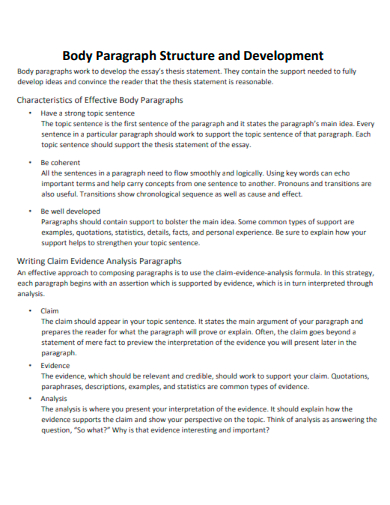
ivcc.edu
18. Standard Paragraph Format
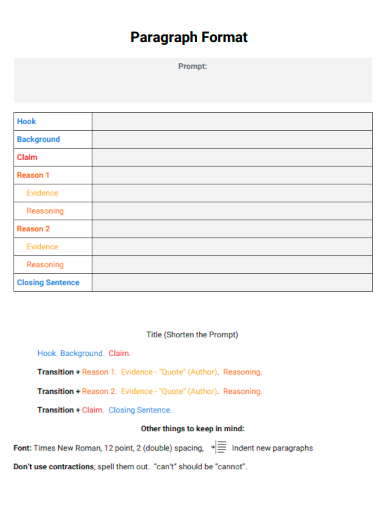
go.thinkcerca.com
19. Chunked Paragraph Format
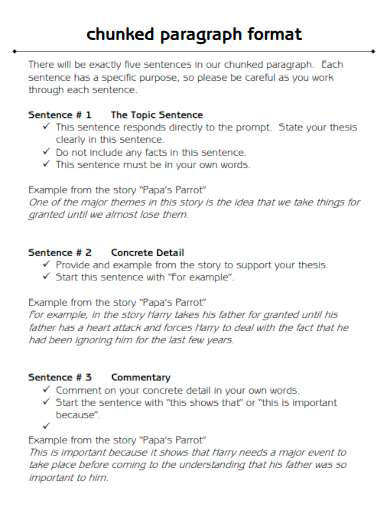
lcps.org
20. Introductory Paragraph Format
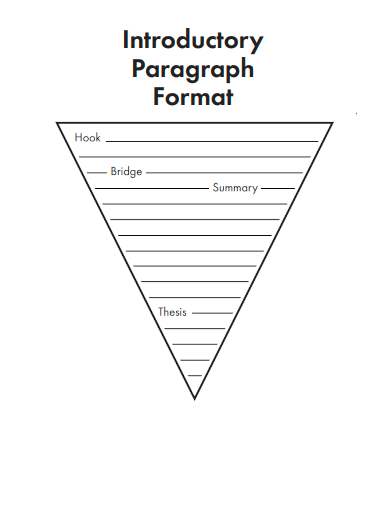
cusd.com
21. Modern Format for the Paragraph
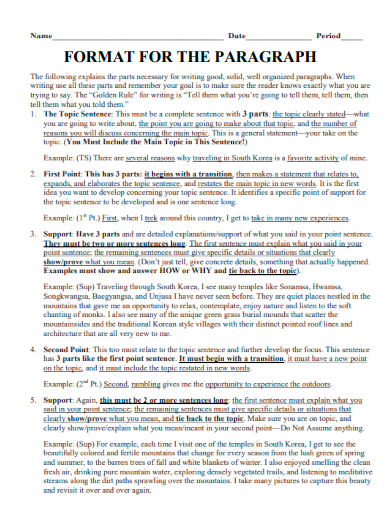
goms.rocklinusd.org
What is a Paragraph?
A paragraph, in its essence, is a self-contained unit of writing that conveys a single idea or topic within a larger piece of text. It serves as a building block of coherent and organized composition, allowing writers to present their thoughts in a structured manner. Paragraph format, on the other hand, refers to the arrangement and presentation of a paragraph, encompassing various elements such as indentation, alignment, spacing, and coherence. By employing an appropriate paragraph format, writers can ensure their ideas flow seamlessly and engage readers effectively.
How to Format a Paragraph
Before diving into the depths of paragraph formatting, it’s essential to recognize that the specific requirements may vary depending on the intended format of your writing. Whether you’re composing an email, working on a book, designing an outline format, or crafting a one-pager, understanding the purpose and context of your writing will guide your paragraph formatting decisions.
Step 1: Determine the Context:
Before delving into paragraph formatting, understand the context and purpose of your writing. Consider whether you’re writing an email, a book, an outline format, a one-pager, or an informative essay outline. Each format may have specific formatting requirements.
Step 2: Indentation:
Indentation plays a crucial role in paragraph formatting. For most formats, including books and essays, indent the first line of each paragraph. This indentation visually separates paragraphs and aids in readability. Use the tab key or the ruler in your word processing software to apply consistent indentation.
Step 3: Alignment
Ensure your paragraphs are aligned consistently throughout your writing. The most common alignment is left-aligned, where the left margin of each line is straight. Avoid center-aligning or right-aligning paragraphs unless the format specifically calls for it.
Step 4: Spacing
Consider the spacing between paragraphs to enhance readability. In some formats, such as emails or one-pagers, it’s beneficial to include blank lines or line breaks between paragraphs to create visual separation. However, in other formats like books or essays, single spacing without additional blank lines is typically preferred.
Step 5: Coherence and Unity
Maintain coherence and unity within each paragraph. A well-formatted paragraph should contain a clear topic sentence or main idea, followed by supporting sentences that expand on the main idea. Ensure there is a logical flow between sentences, guiding readers through your thoughts smoothly.
Step 6: Length and Consistency
Keep your paragraphs concise and focused. Long paragraphs can be overwhelming for readers, while short paragraphs can disrupt the flow of ideas. Aim for a balanced length and strive for consistency throughout your writing.
How do I format paragraphs in an email?
When formatting paragraphs in an email, it’s crucial to maintain a clean and readable appearance. Use standard email formatting guidelines, such as keeping paragraphs concise and focused on a single idea. Consider using line breaks or blank lines between paragraphs to enhance readability, and avoid excessive indentation or formatting elements that may not translate well across different email clients.
What is the ideal paragraph format for a book?
In book writing, paragraph format plays a significant role in providing a visually appealing reading experience. Typically, book paragraphs are indented, with the first line of each paragraph starting a few spaces inward from the left margin. This indentation helps readers distinguish paragraphs clearly, promoting readability and comprehension.
How should I format a paragraph in an informative essay outline?
An informative essay outline requires a structured approach to effectively convey information. When formatting paragraphs in such an outline, consider using headings or subheadings to introduce each section. Additionally, maintain a logical flow by organizing paragraphs in a coherent manner, ensuring each paragraph focuses on a specific aspect or supporting point of the essay.
In the realm of writing, the power of effective paragraph formatting cannot be underestimated. Whether you’re constructing an email, embarking on the journey of writing a book, creating an outline format, or developing a short descriptive essay or informative essay outline, mastering the art of paragraph formatting is key. By adhering to the principles discussed in this article, you can harness the magic of paragraphs to captivate your readers, bring clarity to your ideas, and leave a lasting impact with your words. So go forth, embrace the artistry of paragraph formatting, and watch your writing soar to new heights.


